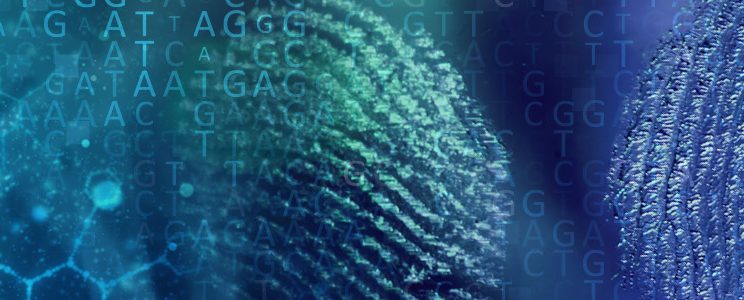This webinar originally occurred on February 27, 2019
Duration: 1.5 hours
Overview
Improving the overall response to sexual assault includes understanding how touch DNA evidence impacts groping sexual assault cases. This webinar will illustrate the importance of these cases and highlight proposed guidelines for evidence collection.
Detailed Learning Objectives
- Describe background information on touch DNA in sexual assault cases and factors that influence epithelial cell deposition
- Explain evidence collection practice implications from groper case study and research findings
- Identify possible suggestions and opportunities to expand evidence collection in groping sexual assault cases in their jurisdictions
Presenter
- Dr. Julie Valentine
Funding for this Forensic Technology Center of Excellence webinar has been provided by the National Institute of Justice, Office of Justice Programs, U.S. Department of Justice.
The opinions, findings, and conclusions or recommendations expressed in this webinar are those of the presenter(s) and do not necessarily reflect those of the U.S. Department of Justice.
Contact us at ForensicCOE@rti.org with any questions and subscribe to our newsletter for notifications.




